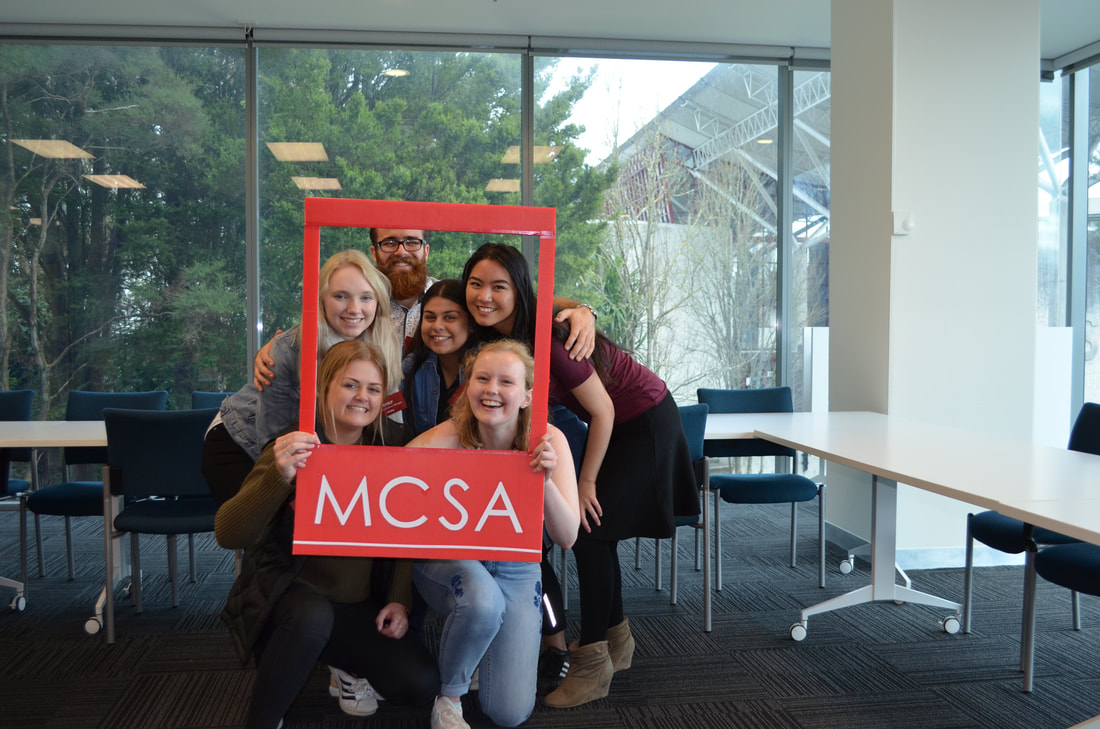|
The novel ‘Coronavirus’ has been one of the most unpredictable and rapidly evolving crises currently facing the modern world. This crisis brings to light now more than ever, the importance of the communication management industry. Systems, protocols and procedures are currently being put to the test within all industries. The communications divisions are tasked with monitoring fast moving information, while under the strain of managing stakeholder needs for information.
The Public Relations Institute of New Zealand - PRINZ, hosted a free webinar appropriately named ‘Crisis Communication during COVID-19.’ This webinar was hosted in conjunction with Managing Director Nikki Wright and Group Account Director Richard Gordon from Wright Communications. Both Nikki Wright and Richard Gordon speak from a wealth of knowledge within the crisis communication space, providing an insight into how communications teams are currently operating within a crisis. They also highlight skills and ideas to note when communicating around such a novel crisis situation. Richard Gordon details crisis trends and addresses considerations within the crisis communication process. Information needs to be fast, transparent and built off the foundation of trust. Trust needs to be evident within organisational culture so that information promptly delivered from the communications teams to stakeholders is believed. This is in contrast with the fast flowing information readily available via social media that may lack truth or present biases. “What we are seeing at the moment through COVID-19, is that people are looking for trusted information.” - Richard Gordon Planning for crises is essential but needs to be flexible. Crisis planning within businesses and organisations can focus on dealing with multiple sets of different situations. However in the case of a pandemic like COVID -19, this crisis presents a novel situation that has drawn on basic crisis planning from other crisis plans to address the current situation. A poll set by PRINZ to the Webinar viewers displayed that only 48% of viewers had a crisis plan within their business / organisations. The basis of a plan consists of: Act with honesty and integrity:
Expect the unexpected:
Logistics around planning and executing a crisis communication plan is often the biggest challenge. Within a crisis communications team, who is involved goes beyond just the communications division but also involves executive staff and multiple teams tasked with different aspects of the crisis. It is important that everybody within the business/ organisation is on the same page and aligns communication messages. Information approval processes and communication contingency plans are also implemented. Special consideration on how to use digital streams for information gathering and distributing is also needed as this flow of information is rapid and saturated. Personal devices shape individual perceptions, “people expect you to live in the same world as them” - Richard Gordon. Therefore information conveyed on social platforms is required to be conveyed precisely. Crisis communication during COVID - 19 is essential for businesses and organisations to connect, assure and express issues to all their stakeholders. The scale of this crisis is one that the majority of groups have not faced before and are relying on crisis communication fundamentals to navigate this situation. During this PRINZ webinar, both Richard Gordon and Nikki Wright from Wright Communications have detailed the crisis trends and processes that are currently in play by organisations and businesses. Providing an insight into the demand for crisis communication during COVID - 19. To watch the webinar become a PRINZ member! Student membership for the year costs $45 and allows you to have access to all PRINZ resources, events and their extended network of professionals. Click here to become a PRINZ member. Click here to access the webinar. Personal branding 101 // For GraduatesThe day you start knocking on the doors of prospective employers, you’ll discover that your first project will be learning how to promote your personal brand. When people hear your name, what do you want to spring to mind? Personal branding is all about managing and influencing these perceptions so you can stand out in a crowd of graduates. Dr. Hubert K. Rampersad, a prominent figure in the leadership development field, states that an authentic personal brand will help you build credibility, strengthen your reputation, and improve your performance potential. But how exactly do you build your own personal brand? Crafting an effective personal brand takes planning and consistent effort, but here are some easy steps to get you started:
Shannon BarclayCommunications Manager, MCSA. |
UPCOMING EVENTS:TBC
|




 RSS Feed
RSS Feed
